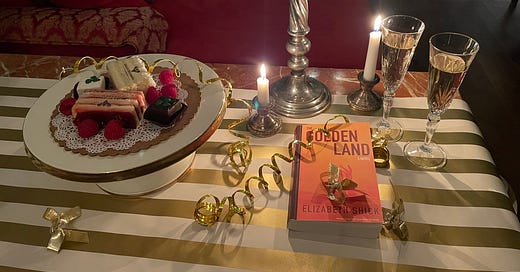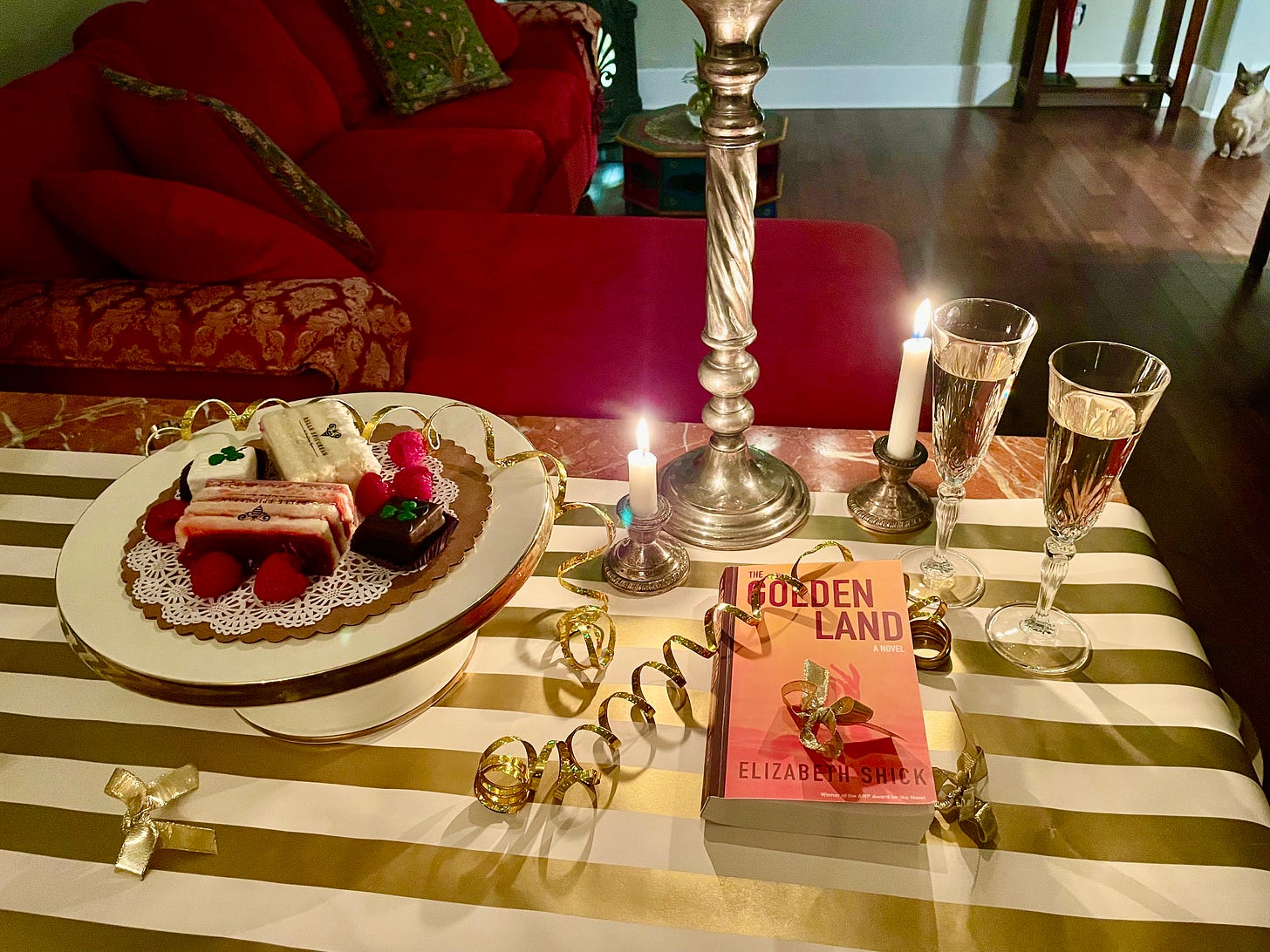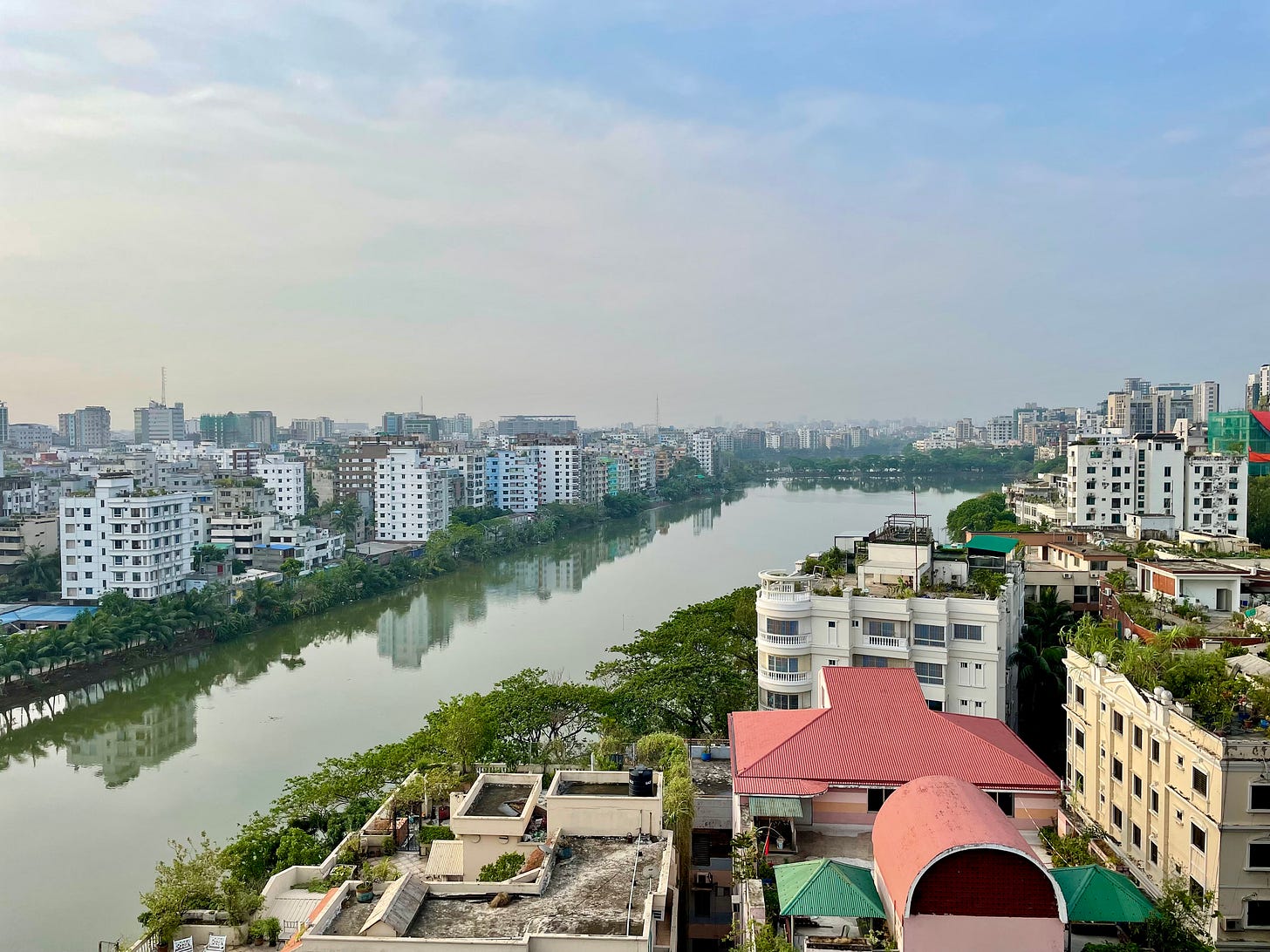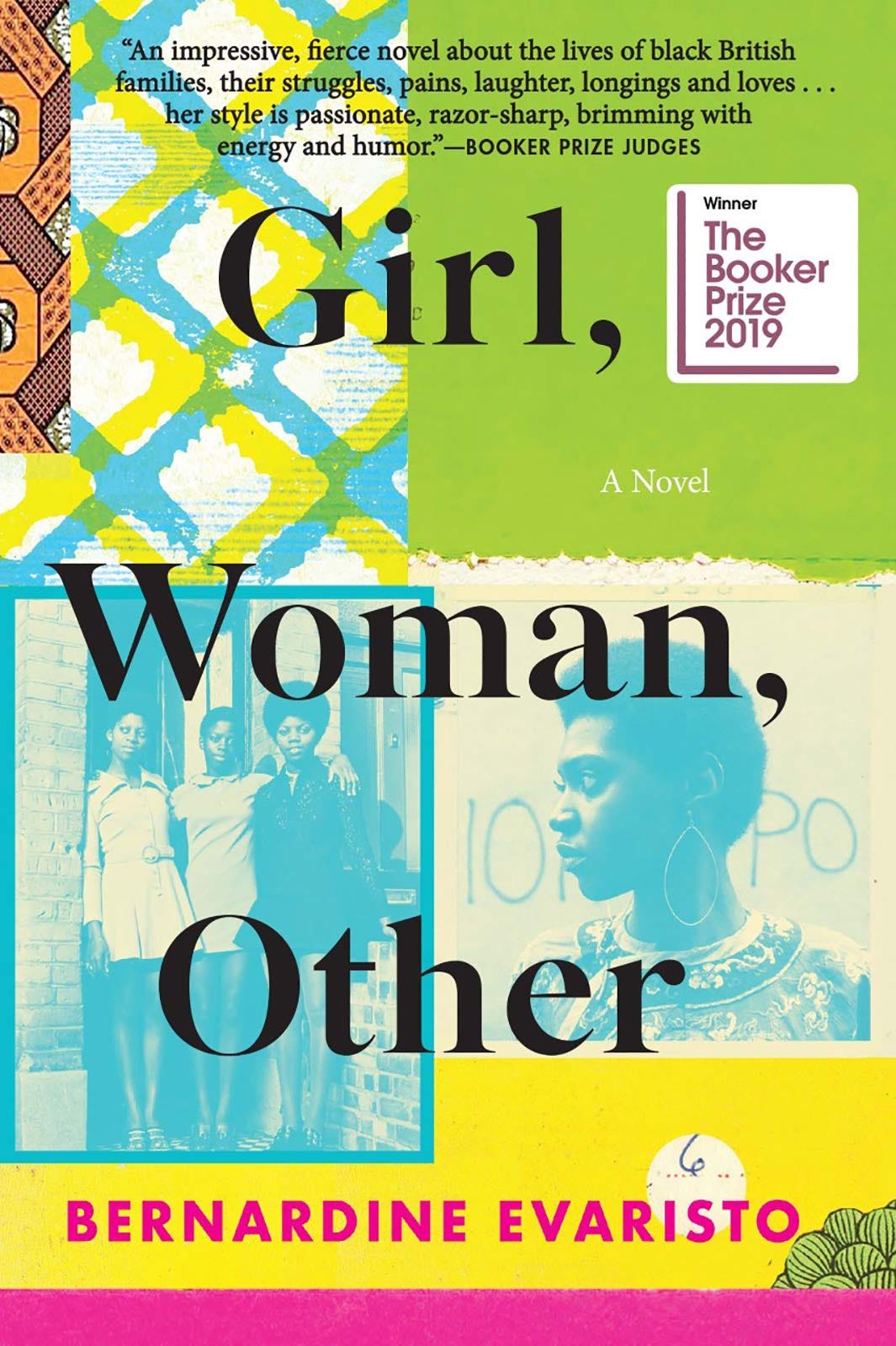Happy New Year! Yes, you read that right; many countries in South and Southeast Asia, including Myanmar, where I use to live, and Bangladesh, where I live now, celebrate their New Year in mid-April.🎉 This is Author Abroad, a newsletter on reading, writing, and reflections from a life abroad. Today’s edition will focus on the ups and downs of publishing, what it’s like to be a “trailing spouse,” and some interesting books I had the pleasure of reading this month.
Writing
Little has gone according to plan with the release of The Golden Land on December 6, 2022. No books were available for purchase for well over a week after publication day. The e-book took even longer, coming out only at the end of January. There continue to be many hassles getting the “metadata” on retailer sites updated to mention the AWP Award and various reviews. I had to postpone my first in-person book event due to Covid. Then, the day before the rescheduled event, I learned that the distributor had neglected to fulfill the bookstore’s order, which meant that I had to loan them the copies I planned to bring back to Bangladesh. In the end, the event was a big success, but setbacks like these can be discouraging.
What has kept me from utter dejection is the outpouring of support from the Burmese-American community (thanks to Boston Free Burma) and the many kind notes friends have sent or posted about the book. Having people read and engage with this story that I spent so many years working on has truly warmed my heart.
The latest upset is that New Issues Press, my publisher, is closing its doors at the end of June. If I can’t find a new publisher before then, The Golden Land will effectively cease to exist. I can’t say I’m not worried, but once again, I’ve been touched by the support I’ve received—this time from the Lesley MFA faculty and AWP—and am hopeful that things will work out.🤞
The good news is that I’ve started a new novel. It’s still very much in its infancy, so I won’t say more except that it feels good to be writing again. I’m also revising an old novel about Malawi that has been sitting in my desk drawer for ten years. Can I do both at once? I’m not sure, but I’m going to give it a try. And now here’s a quote that resonated with me from a speech by writer Ayad Ahktar on the Expectations of Artists:
“…know that in the matter of making art it is often right to get it wrong, and on careful reconsideration, to get it wrong again; that doubt, not certainty, is a surer route to the kind of knowledge most useful to you as an artist; that it’s often contradiction—and the more irreconcilable the better—that signals proximity to the bedrock of your peculiar magic.”
In other words, our job as artists is not to provide answers but to ask questions, to embrace nuance, follow the pathways of uncertainty to new and different vistas. Actually, I think that applies to everyone.
Life Abroad
Returning to Bangladesh after my whirlwind tour of the US wasn’t easy. With the jetlag came a wave of existential angst. What am I doing here? How can I make a life for myself that allows time for writing but also gets me out of the house to learn about my new host country? Should I get an office job instead of working from home? Experiencing such waves of doubt a few months into a new posting is surprisingly common among expats, particularly us “trailing spouses.” You arrive in your new host country full of energy and enthusiasm, throwing yourself into whatever comes your way, saying yes to every invitation, no matter how uncharacteristic that particular event may be for you. You are fascinated by the new culture and enjoy making new acquaintances. You are hopeful about the future.
And then it hits. Frustration. Loneliness. Boredom. You realize that you left your friends and network in the last posting and must now reinvent yourself all over again. This particular funk of mine lasted a couple of weeks. I knew the only remedy was to force myself to get out—follow up on work possibilities, reach out to people I’d met, make myself exercise even when I didn’t want to. Then one morning, as I sat on our balcony drinking coffee, both my head and the outside air seemed to suddenly clear. It had rained the night before, and the pollution level was under 100 AQI for the first time since I arrived in September. What a relief! The pollution returned, of course, and I continue to have bad days along with the good ones, but I’m confident that I’ll find my way.
The day I returned to Dhaka also coincided with the first day of the holy month of Ramadan. I’ve never seen the streets as deserted as they were that day! Fasting from dawn to dusk in 100°F heat every day for a month isn’t easy. I tried it many years ago when I lived in The Gambia and only lasted one day. In my very limited experience, the sleep disruption was almost as grueling as going without food or water for 13 hours. People observing the month of Ramadan generally wake at 3:30 or 4:00 AM to prepare and eat the pre-dawn meal of Suhur before the dawn prayer, then go back to sleep for another hour or so until it’s time to go to work.
We are fortunate to have been invited to a number of Iftar ceremonies, some as small as 15 people, others as large as 400. Iftar is the ritual breaking of the fast at sunset each evening. It’s customary to break the fast in community with friends and family, and for those who are able to offer the meal to others. Here in Bangladesh, you begin the Iftar by eating a date, as Muhammed is believed to have done, then drink coconut water or fruit juice to quench your thirst. This is followed by copious amounts of calorie-dense appetizers, many of which are fried (think samosas), and a break for prayer. Once you are so full that you cannot possibly eat another bite, a full dinner of rice and curry is served.😮
Books
Continuing my exploration of Bangladeshi literature, I decided it was time to delve into the works of Rabindranath Tagore (1861-1941). A much-admired poet, story-teller, songwriter, artist and visionary, Tagore was the winner of the 1913 Nobel Prize for Literature for “his profoundly sensitive, fresh and beautiful verse, by which, with consummate skill, he has made his poetic thought, expressed in his own English words, a part of the literature of the West.” Claimed by both India and Bangladesh, Tagore was born in what is now West Bengal and wrote in both Bengali and English. The national anthems of both India and Bangladesh are Tagore compositions, and Sri Lanka’s anthem is also said to be inspired by his work.
Although he’s best known for his poetry, the Selected Stories of Rabindranath Tagore seemed a better place for me to begin. Unrequited love between a postmaster and his servant. An unlikely friendship between a Cabuliwallah and a young girl who reminds him of his daughter. A tragic tale about a young woman who is sent away by her family because she can’t speak. These tender stories about the intersection of love, caste, and morality reflect Tagore’s pluralistic and open-minded ideals, which were unusual for the period during which he wrote. I enjoyed this volume very much and look forward to delving into some of his poetry next.
A heartfelt kudos to my cousin, Stephen Shick, for this little gem of a book. In Speaking by Heart: The Spiritual Practice of Unscripted Public Speaking, Stephen Shick draws from his many years as Unitarian minister, radio host, and social justice activist, as well as his deep knowledge of the work of Martin Luther King, Thích Nhât Hạnh, Joy Harjo and other great minds, to provide guidance on public speaking that is both practical and inspirational.
Full of thoughtful exercises, from meditation, visualization, and saturation to connecting with your audience and speaking with your whole body, the book aims to “unify your heart and mind when speaking.” Whether you come from a religious background or a secular one, Speaking by Heart: The Spiritual Practice of Unscripted Public Speaking will help nurture your faith in yourself, coaxing out your natural ability to speak from the heart, and in the process, to engage and inspire your audience. I highly recommend it.
Last month’s Dhaka book club pick was Bernadine Evaristo’s Girl, Women, Other, co-winner of the 2019 Booker Prize (along with Margaret Atwood’s The Testament). The Booker judges called the novel “a must-read about modern Britain and womanhood.” Girl, Women, Other follows 12 central characters, most of whom are black women, as they navigate the complexities of race, sexuality, and aging in 21st century Britain.
I found the book to be engaging and well-written, using an interesting form in which each sentence is its own, largely unpunctuated paragraph with no capital letters except for names and places. But to me, Girl, Woman, Other is less of a novel than a collection of interconnected short stories. I loved the characters and would’ve been happy to read a full novel about any one of them, but I didn’t like changing characters every chapter. I wanted to go deeper into each woman’s story rather than having to reorient myself to yet another character every time a new chapter began.
Thanks for reading Author Abroad! If you know others who might enjoy this newsletter, please share it here:
💕Liz








